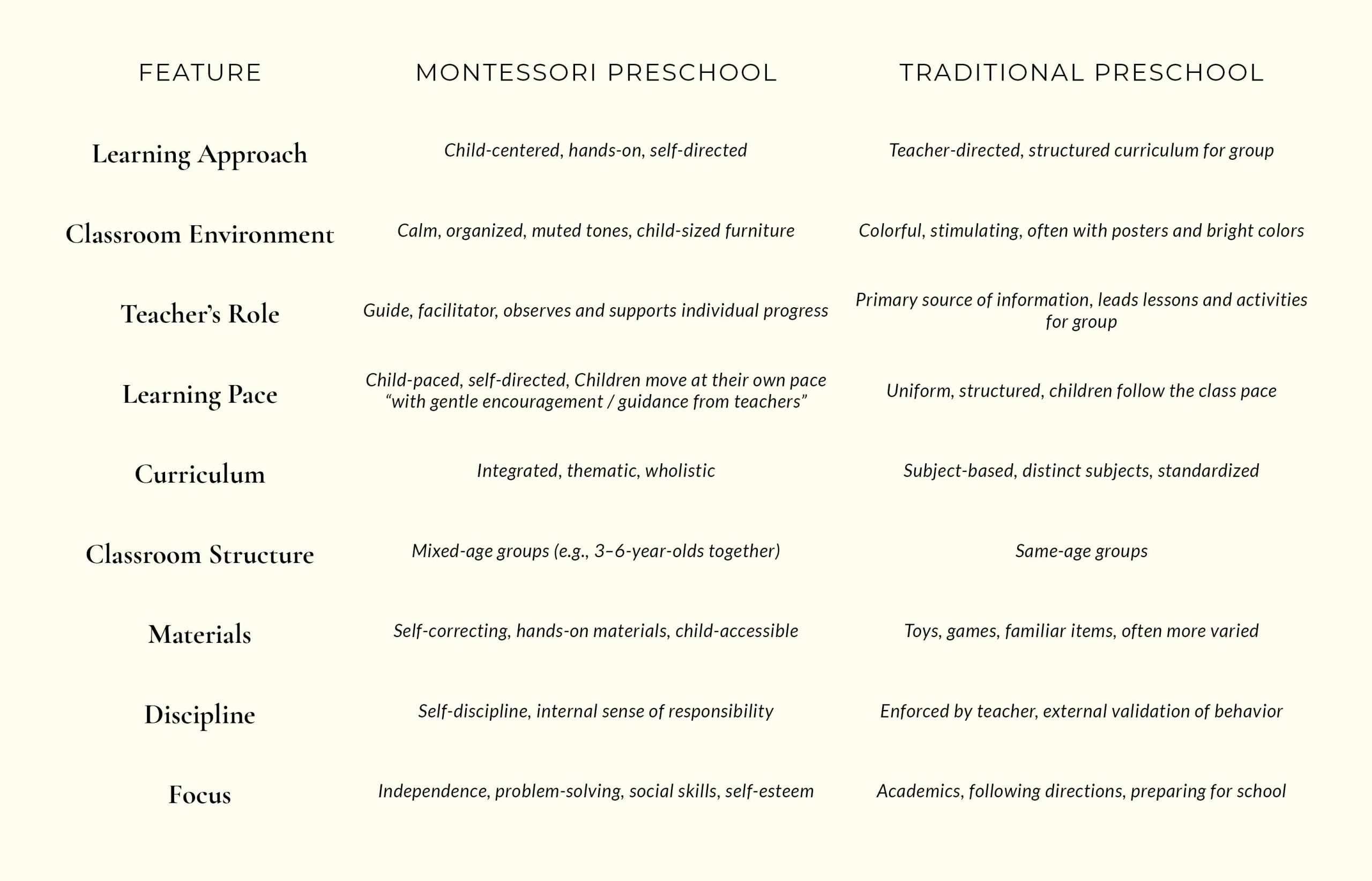Montessori Method
Welcome, Parents!
The following content is password protected. Please contact Montessori Learning Center directly to request password access to this page. Passwords will change annually.
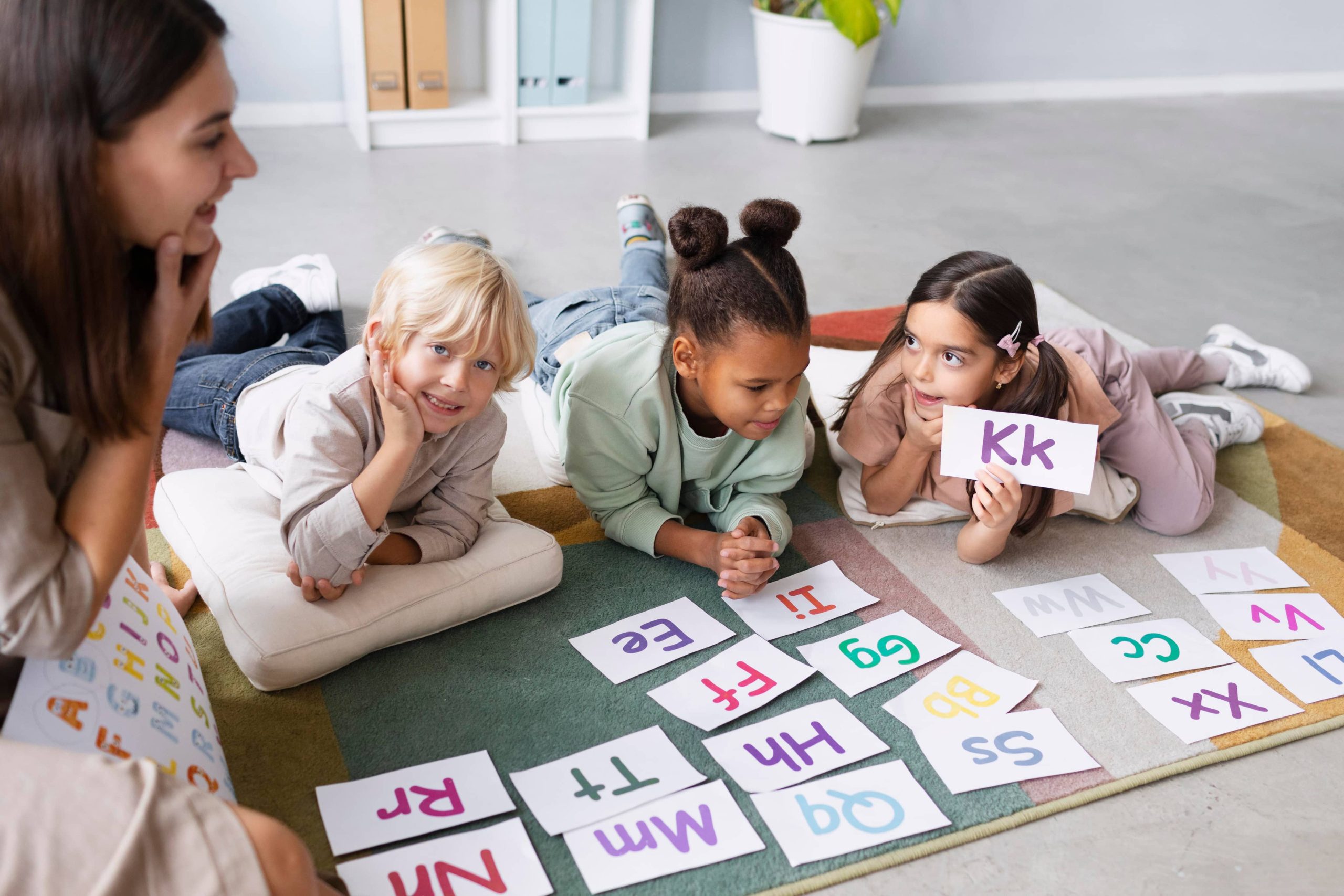
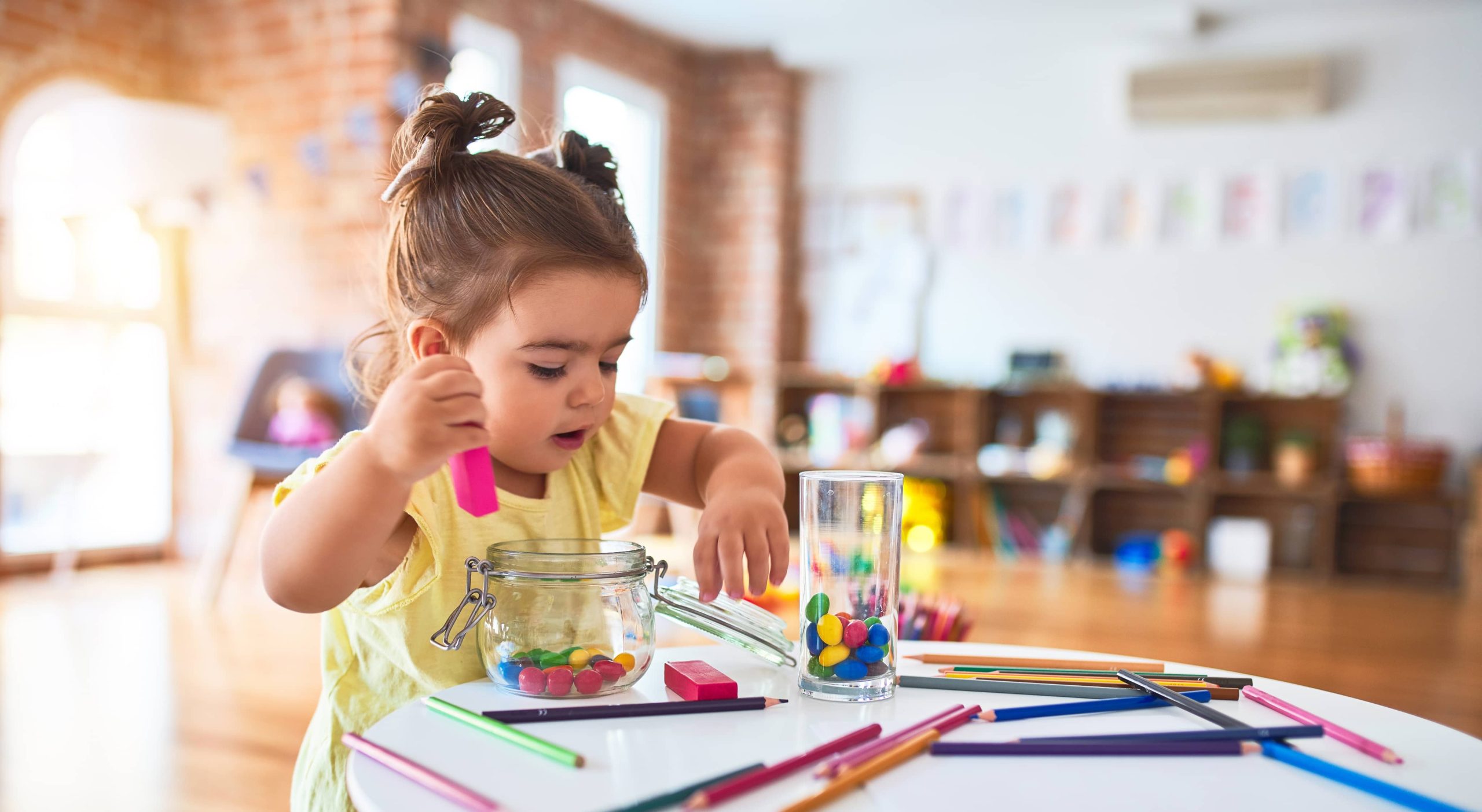
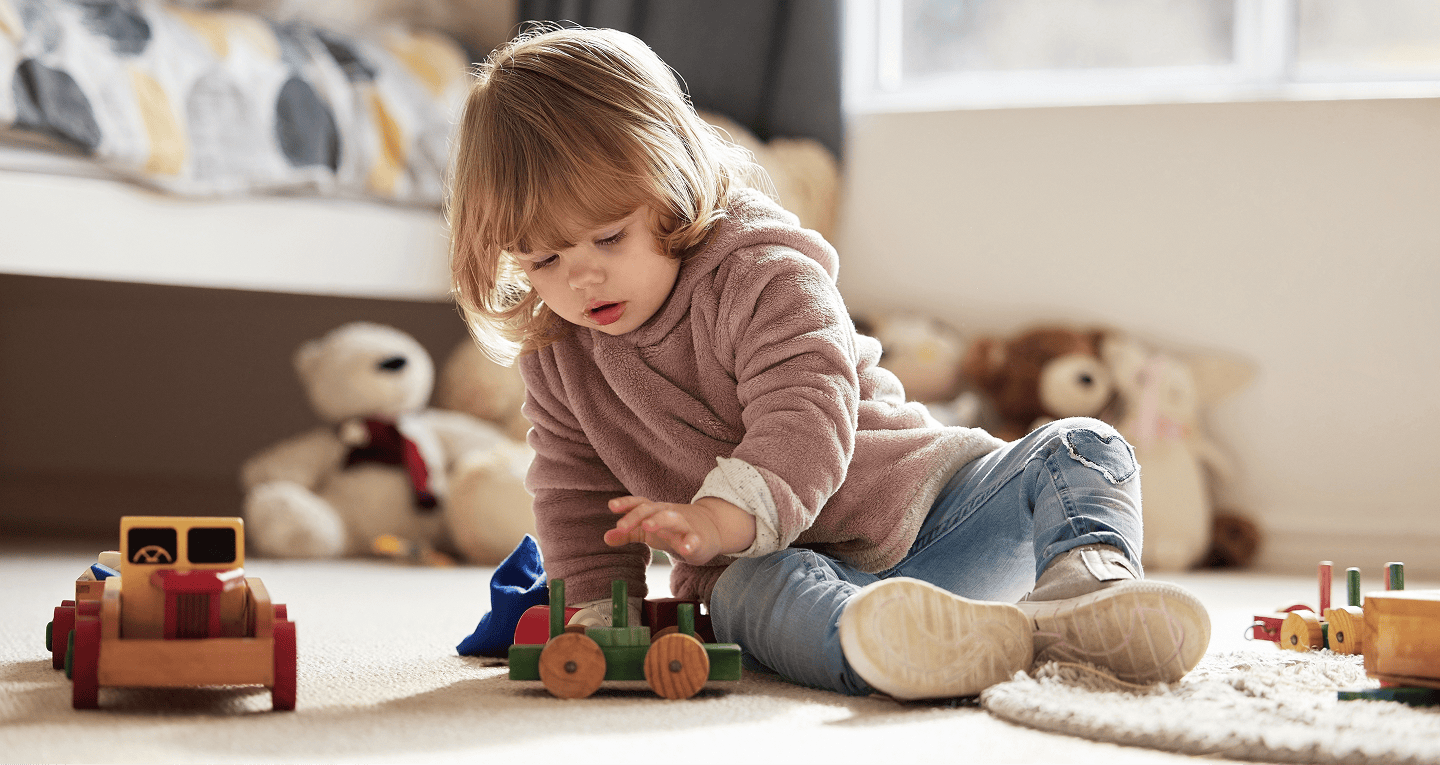
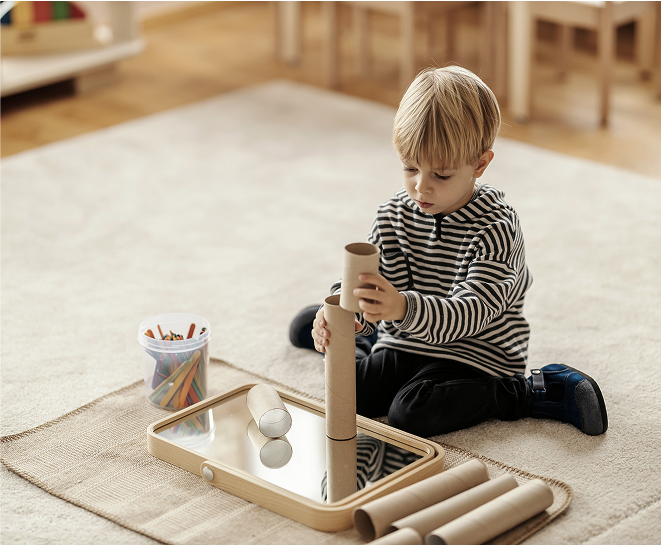
Educational Philosophy
Dr. Maria Montessori’s educational philosophy centers on the idea that children have a natural desire to learn and develop best in a prepared environment that caters to their individual needs and stages of development. It emphasizes hands-on, independent learning, where children are free to explore, discover, and learn at their own pace.
- A classroom designed to encourage exploration and learning, with specially designed materials and a structured, yet flexible, layout. Specialized materials are used to help children learn through concrete experiences before moving to abstract concepts.
- Children are empowered to choose their activities and work at their own pace, fostering independence and a love of learning.
- Teachers act as guides and facilitators, observing children’s progress and providing support as needed.
- The Montessori approach recognizes distinct developmental stages and provides tailored environments and activities for each stage.
- Through consistent engagement with the environment and activities, children can achieve a state of “normalization,” characterized by focus, concentration, and self-discipline.
Beyond academics, the Montessori method uniquely nurtures social and emotional development in children. Multi-age classrooms create a natural community where children learn from and mentor one another, fostering empathy, respect, and conflict resolution skills. Research suggests that Montessori students often demonstrate superior social-emotional skills, including higher-level reasoning based on fairness and justice, and exhibit more positive shared play compared to peers in traditional settings. By encouraging collaboration, fostering a sense of community responsibility, and valuing each child’s unique contributions, the Montessori method prepares children not only for academic success but also for navigating social interactions and building strong, healthy relationships throughout their lives.
In essence, Maria Montessori believed that education should be a process of self-discovery, where children are empowered to learn through their own experiences and within a supportive and stimulating environment.
